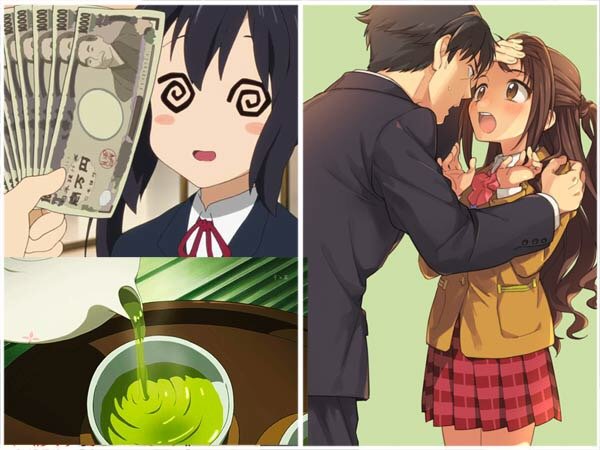I’m having a great time in Bali with my family, relaxing and doing some sightseeing, and surfing the general randomness of being in a new country. Alas, we have to go back to (freezing) Japan today.
Unfortunately, all three of us managed to get sick soon after we arrived, which we determined was due to a virus my son picked up in Tokyo, rather than food poisoning or anything here. If you watch anime, you’ll be well aware of the classic “sickness episode” trope in which a character develops a high fever and must stay in bed, while another character or characters comes over to help them recover, which naturally causes new emotional bonds to be formed. Japanese people famously wear what appear to us to be surgical masks when they get sick, which is done both to protect the sick person from getting more germs but also to create a polite “buffer zone” that lets others know not to approach too closely. (Seeing how health conscious Japanese people were compelled an AFLAC executive who visited the country to enter the Japanese insurance market, one of the best decisions in the history of business.) some popular Japanese cold remedies include eating okayu, a watery rice porridge, wrapping a steamed negi onion around your neck, or dropping a raw egg into hot sake and drinking it all down in one gulp. My preferred way of curing a cold is to put one of those Japanese fever-reducing sheets on my head then curl up in front of the TV to watch a few hours of anime. I also make sure to keep my Japanese house well stocked with American medicines, which seem to work better on my big gaijin body than locally available products.
You probably have the impression that the Japanese are an extremely polite people, and their famous politeness is actually baked right into the language. You use formal or informal language depending on whether the person you’re speaking to is your senpai or kohai, and in speaking business Japanese there are separate verbs to use, “exalting” verbs that raise the person you’re talking to up (to make him and his company sound like the greatest thing ever), and “humble” verbs what you use when referring to yourself and your own worthless employees. Another good example of politeness and Japanese is the honorific “o” which is a prefix that goes in front of certain words which are respected in Japanese society. Words like money (okane), relationships like mother or grandmother (okaasan, obaasan), things that are considered very important in the home like ofuro (bath) or o-cha (boiling hot green tea), and osake, meaning sake but also any kind of alcoihol. It’s interesting to notice the patterns of words that take this “o” — words having to do with death or Buddhism tend to take it (otera = temple, okou = Buddhist incense), yet words related to Japan’s Shinto religion usually don’t. (By the way, Japanese people never notice things like this about their own language.) Adding the honorific “o” to words sort of “softens” the word, so words related to children or babies tend to take it (omaru = child’s toilet, omutsu = diapers, oshiri = a cute word referring to a person’s rear end).
It’s a new year, a time for new beginnings. It’s also a great excuse to give you, are awesome J-List customers, a nice gift! Through January 9, you can get $15 off any J-List order of $50 or more using code NEWYEARJLIST. What are some items do you want to buy? Make your order now!
















